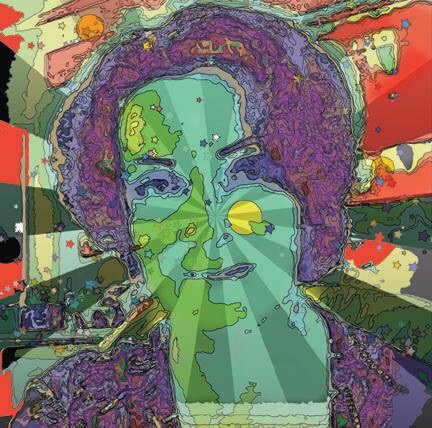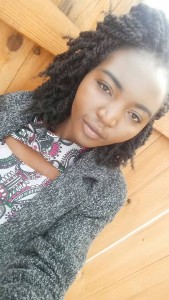Monae Dasher,
El Paso, TX
I was the white girl that embraced integration in school, first to befriend the one or two Black children my age in elementary. In middle school, large integration happened and physical fights broke out and my heart ached to see my friends on both sides beating each other up. I became untouchable to white boys as I easily was friends with Blacks and Hispanics. Only white boys from outside my high school would date me. My mom and dad liked the fact I had friends of different races, but dating was taboo, as “society isn’t ready for biracial couples”. I would be hurting myself socially and career-wise, according to my father. But I found acceptance from Black men and women and their families embraced me so warmly compared to white boys and men I dated, who rarely had me meet their families. I felt at “home” within the black culture and embraced (mid-70’s through 80’s). I was fired from numerous jobs once my white boss saw my Black boyfriend and inexplicably and suddenly accused of stealing or other firing offenses that I did not commit because it would have been illegal to fire me for the race of my boyfriend.
I left home and family by joining the U.S. Army in the late 70’s and met my future Black husband. We married and were subsequently separated for two years, because a racist Colonel wouldn’t sign papers for joint domicile despite the Army having a policy of keeping spouses together whenever possible. My MOSs, (military occupational skill), I had two, were a shortage world wide (Journalist 71Q/Broadcaster 71R) and I could have definitely been together with my husband in Germany. I subsequently came down on orders to Alaska (considered an overseas assignment). Two years later, I left the Army with an honorable discharge after serving a total of four years, and we were back together. I hated leaving the Army, but my choices were to be continuously separated from my spouse or to leave (he had the most years invested).
We had two sons five years apart and my father often was fearful for my Black sons’ futures, but in today’s climate in 2021, if he were still alive, he’d be fearful for his white grandsons and great grandsons. That is why I am grateful for having two biracial sons in 2021’s racially divisive climate. It truly breaks my heart.







